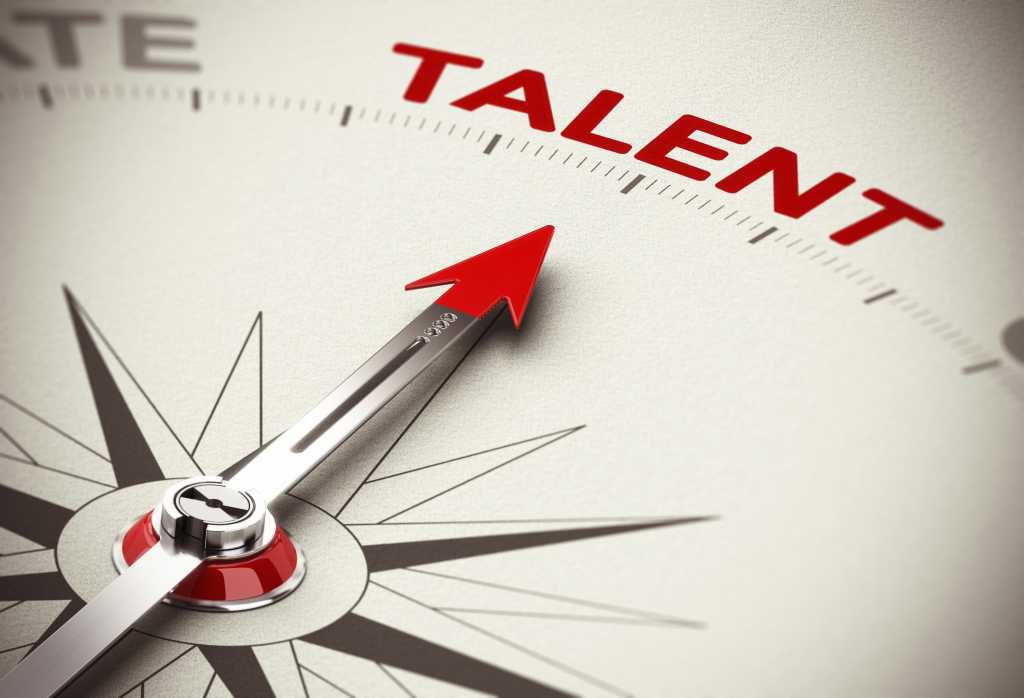
How does Andela balance short-term client needs with the long-term development of tech talent pipelines in the regions it sources from? “We are a talent marketplace that already has senior AI-fluent engineers to meet immediate client needs. But because AI is evolving so rapidly, skills will quickly become outdated. That’s why we’re investing heavily in continuous training and learning programs and leveraging partnerships with frontier tech companies. For instance, we recently partnered with the Cloud Native Computing Foundation to train 20,000 to 30,000 African technologists in cloud native basics — core infrastructure on which to build AI. We also recently launched the Andela AI Academy to create the next generation of AI-native technologists. The first AI Academy program, also recently announced, is to train 3,000 technologists in AI coding skills in collaboration with GitHub.”
Three out of four IT employers globally report tech talent shortages. Is this a supply problem, a training gap, or a mismatch in expectations between employers and workers? “It’s all of those things. Technical hiring still feels like a gamble, even though software development is, relatively speaking, packed with deterministic skills. There are two main problems. One problem is the data problem. There’s not enough reliable data about what a job actually requires and what a worker is capable of doing. Today, we rely on resumes and job descriptions. These are thin, poor representations of what a job actually entails and what a person can do. The way we solve that problem is through continuous assessment.
“The second problem is the learning problem. You can have all the data in the world tell you what a job entails and what a person is capable of, but what if you consistently see a gap? As AI proliferates faster than human skills, this gap will only widen. The way you solve that is through continuous learning and upskilling on the job, tailored to the individual.”


